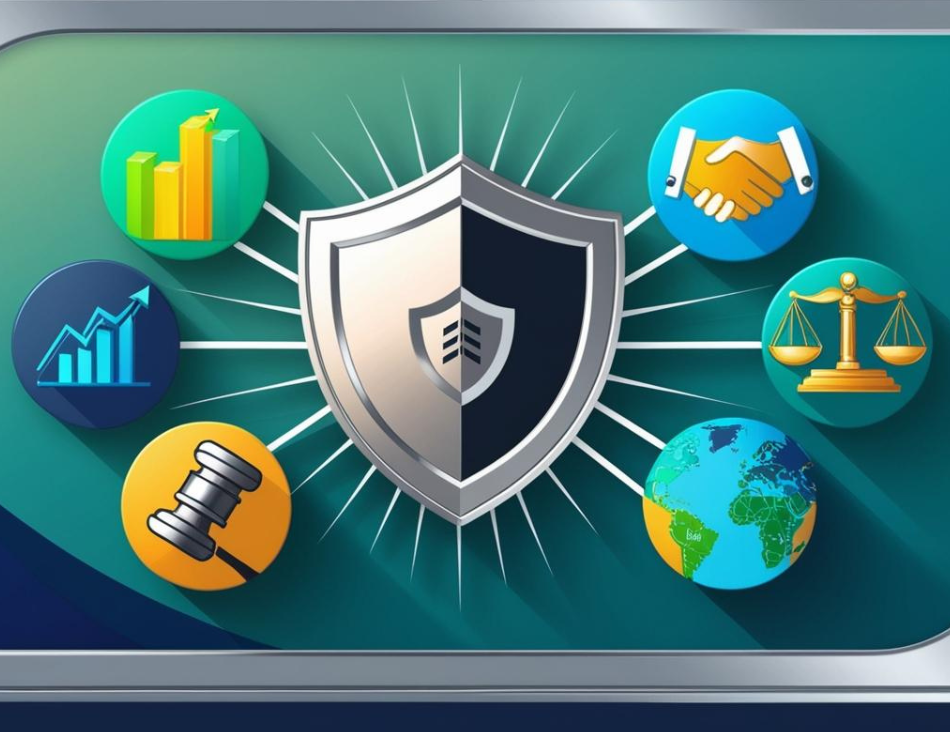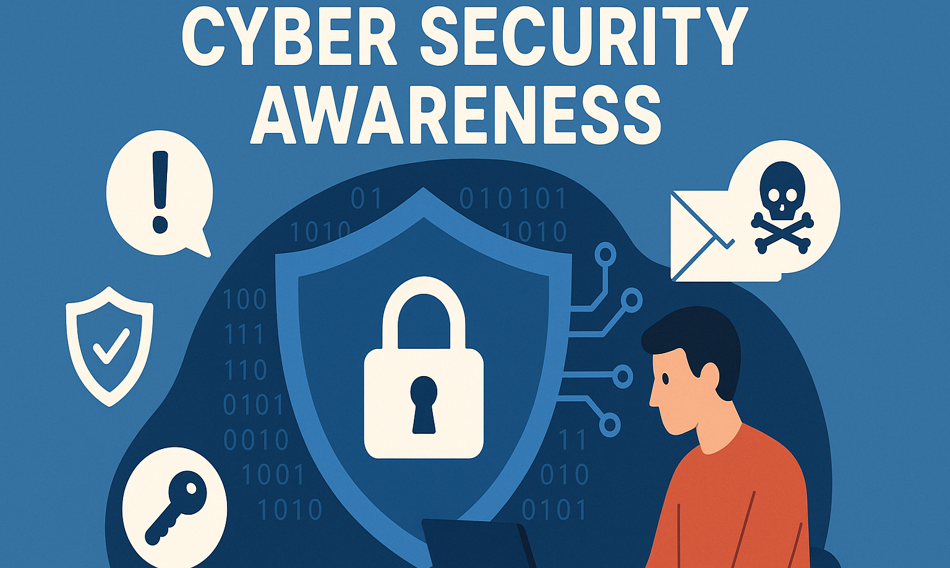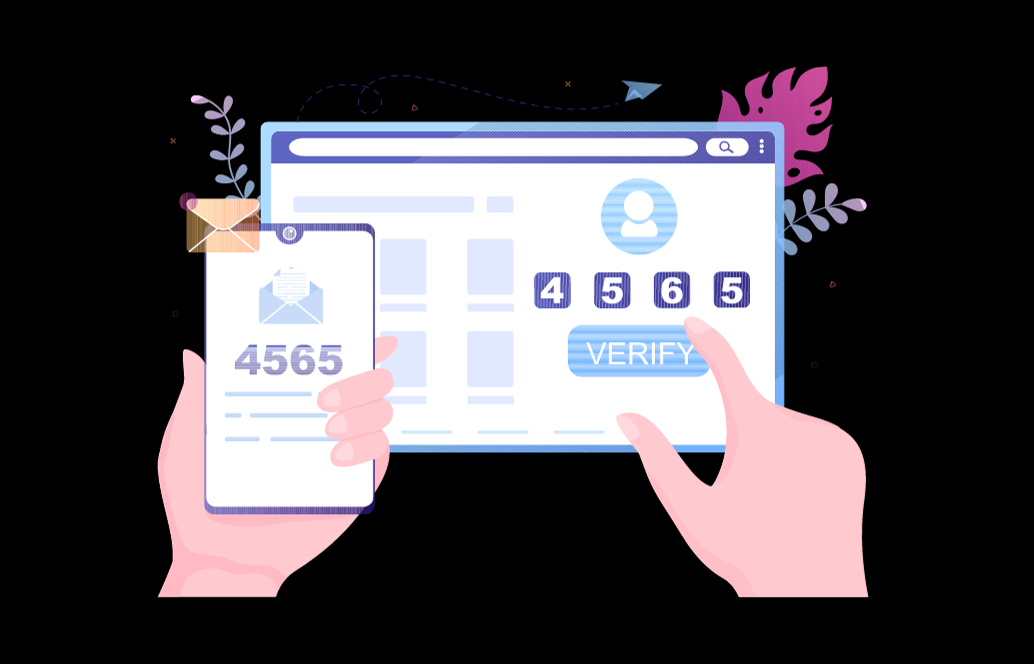How Cybersecurity Compliance Helps your Business
“Good Business thrives not just by making profits, but by embracing compliance as a discipline”.
The business world is rapidly changing and becoming more data-driven and technologically advanced. Whether it’s hardware or software, organizations must leverage information technology to improve their operational efficiency, gather more data for analytics, and empower their workforce.
New industry standards and regulations regarding data and cybersecurity have made compliance more challenging for organizations. However, cybersecurity compliance is a driving force behind any organization’s success. Compliance is not just a checkbox for government regulations, but also a formal way of protecting your organization from cyberattacks, such as distributed denial of service (DDoS), phishing, malware, ransomware, and more.

Cybersecurity Compliance
Cybersecurity compliance is the practice of following laws and regulations that apply to your organization’s industry. It’s like a checklist companies must follow to prove that they handle data securely. For example, a company might implement specific requirements like using strong passwords, encrypting data, or regularly updating software to meet the industry standards of cybersecurity compliance. As a result, it prevents malicious attacks, keeps customers’ trust, and avoids legal issues.
At its core, cybersecurity compliance means adhering to standards and regulatory requirements set forth by an agency, law, or authority group. Organizations must achieve compliance by establishing risk-based controls that protect the confidentiality, integrity, and availability (CIA) of information. The information must be protected, whether stored, processed, integrated, or transferred.
The Importance of Compliance in Cybersecurity
No organization is completely immune to experiencing a cyberattack, meaning that complying with cybersecurity standards and regulations is paramount. It can be a determining factor in an organization’s ability to reach success, have smooth operations and maintain security practices.
Small or medium-sized businesses (SMBs) can be a major target because they’re considered low-hanging fruit. And in the United States, the Cybersecurity and Infrastructure Security Agency (CISA) has identified 16 critical infrastructure sectors (CIS) that are the most important to protect because a breach could have a debilitating effect on national security, the economy, public health and safety, or more.
SMBs may not prioritize cybersecurity or cybersecurity compliance, making it easier for hackers to exploit their vulnerabilities and execute damaging, costly cyberattacks. According to a 2020 Cyber Readiness Institute (CRI) survey, only 40% of SMBs implemented cybersecurity policies in light of the remote work shift during the ongoing COVID-19 pandemic.
Often, data breaches can cause complex situations that can damage an organization’s reputation and financial standing. Legal proceedings and disputes resulting from a breach are becoming increasingly common across industries. For these reasons, compliance is a significant component of any organization’s cybersecurity program.
Types of Data Subjected to Cybersecurity Compliance
Most cybersecurity and data protection laws revolve around sensitive data, including three different types: personally identifiable information (PII), financial information, and protected health information (PHI).
Personally Identifiable Information (PII)
- Date of birth
- First/last names
- Address
- Social security number (SSN)
- Mother’s maiden name
Financial Information
- Credit card numbers, expiration dates, and card verification values (CVV)
- Bank account information
- Debit or credit card personal identification numbers (PINs)
- Credit history or credit ratings
Protected Health Information
- Medical history
- Insurance records
- Appointment history
- Prescription records
- Hospital admission records
Other types of sensitive information may also fall under these compliance requirements and laws:
- Race
- Religion
- Marital status
- IP addresses
- Email addresses, usernames, and passwords
- Biometric data (fingerprints, facial recognition, and voice prints)
Benefits of Cybersecurity Compliance
Having proper cybersecurity compliance measures is beneficial to organizations for several reasons:
- Protects their reputation
- Maintains customer or client trust
- Builds customer confidence and loyalty
- Helps identify, interpret, and prepare for potential data breaches
- Improves an organization’s security posture
Many of these benefits can directly impact an organization’s bottom line. It’s widely understood that a positive reputation, garnering customer loyalty and confidence, and maintaining trust are critical factors that lead to success.
Aside from these benefits, maintaining cybersecurity compliance can improve an organization’s security posture and protect intellectual property (IP) like trade secrets, product specifications, and software code. All of this information can help give an organization a competitive advantage.
Major Cybersecurity Regulations
It’s important to understand what major cybersecurity regulations exist and to identify the correct cybersecurity regulations needed for your industry. Below are some common regulations that impact cybersecurity and data professionals alike. These help your organization remain compliant, depending on your industry and the locations where you do business.
- PCI DSS
- HIPAA
- SOC 2
- GDPR
- NIST
There are so many other compliance regulations that your organization may need to know. It’s always worth running a compliance audit or contacting a cybersecurity professional or licensed attorney to double-check requirements.
Conclusion
With cyberattacks on the rise and more cybersecurity and data protection legislation emerging, now is the time to learn more about cybersecurity compliance. No organization wants to put itself or its customers at risk of data breaches in a threatening cybersecurity environment. Hopefully, you know more about cybersecurity compliance and how certain compliance standards impact your organization. Whether you need to meet HIPAA, SOC 2, or PCI DSS requirements, there are plenty of cybersecurity solutions that can help you get there and stay compliant.




